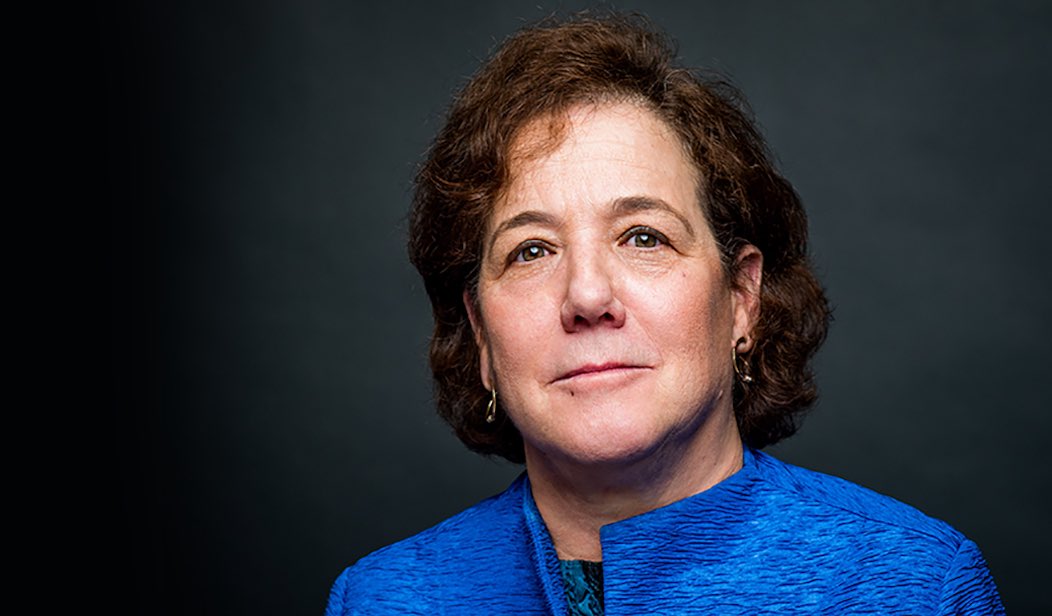ImpactAlpha, March 24 – Hundreds of companies and investors this week urged policymakers to protect their “freedom to invest responsibly,” marking a new level of mobilization to reclaim the narrative from an anti-ESG campaign that refuses to go away.
A key orchestrator of the effort was Mindy Lubber, who for two decades at the helm of the nonprofit Ceres, has worked the levers of power in corporate offices, investor boardrooms and on Capitol Hill in support of climate goals. She helped marshal business buy-in for the 2015 Paris climate accord and the more recent U.S. Inflation Reduction Act. This week, her organization is convening 500 business and government leaders in New York.
“A freedom to invest,” she says, “is very definitely a core part of the American Way.”
Earlier in her career, Lubber founded Green Century Capital Management, headed the Massachusetts Public Interest Research Group, and had a stint in the Environmental Protection Agency in the Clinton era.
At Ceres, she has marshaled a scrappy band of investors and environmentalists into a network that includes 220 institutional investors managing more than $60 trillion in assets. The nonprofit was launched in 1989 in the wake of the Exxon Valdez spill. It has helped spawn initiatives including the Global Reporting Initiative, the Net Zero Asset Owners Alliance and Climate Action 100+ (the latter initiative earned Lubber a threatening note from conservatives on the House Judiciary Committee).
“Representing communities and integrating justice, environmental and social issues into our capital markets has become part of the norm,” Lubber says. “I don’t think that’s going to change just because politicians want to debate it.”
Dig deeper
The letter signed by hundreds of businesses and investors this week insists ESG “is not political or ideological,” but “represents good corporate governance, prudent risk management, and smart investment practice.”
Signing on were Franklin Templeton, Generation Investment Management, the New York State Common Retirement Fund and Trillium Investment. Missing: major banks and asset managers, including BlackRock, Vanguard and State Street, which have dialed back their public support for sustainable investing in the face of conservative attacks).











